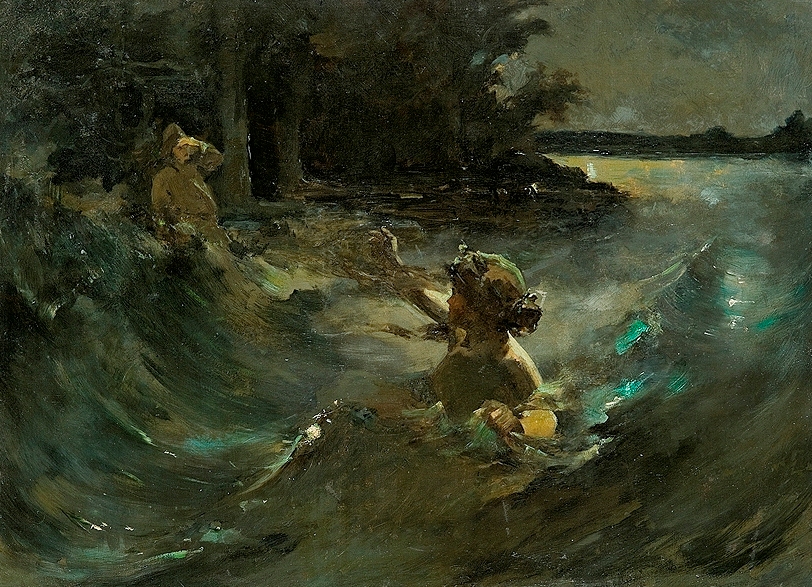
I haven't always been a book lovers. Uff, I said it. As a child I didn't hide under the blanket with a book and a flashlight, I didn't invent stories, drew imaginary friends. I was quite shy and calm and fell into a stereotype, played with dolls and teddy bears.
The passion for words was born steadily and gradually, and bloomed in my adolescence, as many other things. Although my early childhood wasn't full of books and written words (times were different, as was Poland then), I do have a bookish moment from that time.
One of the earliest memory related to books is my grandma. Well, not the granny grandma in a standard way. My grandma was quite young, 43, when I was born, she has always been busy, energetic, and smart woman. And she had a great memory, and I mean really incredible. She still has. She was able to memorize whole pages, every song or poem, it didn't matter how long it was, she could recite it with a proper intonation, tenderness and build such a dramatic atmosphere that the listeners could nearly see and touch the fictional world.
When I visited my grandparents, usually during weekends or when I overnighted, my grandma used to teach me one of Adam Mickiewicz's ballads - Świtezianka (The Nymph of The Lake Switez).
Mickiewicz was a Polish national poet, dramatist, essayist and a representative of Polish Romanticism in the XIX century (with two other poets, Juliusz Słowacki and Zygmunt Krasiński, they were called The Three Bards). Mickiewicz was a leading Romantic dramatist, compared to Byron and Goethe in Poland and Europe.
Mickiewicz's Świtezianka (The Nymph of The Lake Switez) is a beautiful poem about a young couple, two love birds who wish to spend the rest of their lives together. As always in the love stories (and XIX century wasn't different in this respect) there's a catch. The youth's faithfulness is put to the test, the girl plays tricks on him and in a disguise tries to seduce him. Unfortunately he doesn't "hold to his oath" and is tempted by a mysterious nymph (the girl herself who turns out to be a real nymph). The youth fails and the punishment is harsh both for his spirit and his body. There's no happy ending.
BTW: You can read the poem here and feel the tension thanks to the music written by Chopin to this work.
One would think that neither the theme nor the language (XIX c) is the best pick for a child of 5 or 6. But I loved it. Of course I didn't get the poem but I loved how the words floated, the rhymes, their sound and rhythm. And the graphics were stunning, dramatic but stunning.


This was the first moment when I appreciated the words.
The moment, however, didn't stop me from hating Mickiewicz in the high school. I didn't like the pompous interpretations of his dramas, "the most important and patriotic texts in the Polish literature" as they repeated over and over again. I just couldn't relate to them and my Polish language teacher didn't offer us any book discussions or let for individualized opinions. The interpretation could be only one.
No one had ever recited Mickiewicz's works to me as my grandma did.
cover painting "Świtezianka" Kazimierz Alchimowicz, via Museum of Romanticism
book illustrations via


 Log in with Facebook
Log in with Facebook 








